“The king of Aram had great admiration for Naaman, the commander of his army, because through him the Lord had given Aram great victories. But though Naaman was a mighty warrior, he suffered from leprosy.

At this time Aramean raiders had invaded the land of Israel, and among their captives was a young girl who had been given to Naaman’s wife as a maid. One day the girl said to her mistress, ‘I wish my master would go to see the prophet in Samaria. He would heal him of his leprosy.’
So Naaman told the king what the young girl from Israel had said. ‘Go and visit the prophet,’ the king of Aram told him. ‘I will send a letter of introduction for you to take to the king of Israel.’ So Naaman started out, carrying as gifts 750 pounds of silver, 150 pounds of gold, and ten sets of clothing. The letter to the king of Israel said: ‘With this letter I present my servant Naaman. I want you to heal him of his leprosy.’
When the king of Israel read the letter, he tore his clothes in dismay and said, ‘Am I God, that I can give life and take it away? Why is this man asking me to heal someone with leprosy? I can see that he’s just trying to pick a fight with me.’

But when Elisha, the man of God, heard that the king of Israel had torn his clothes in dismay, he sent this message to him: ‘Why are you so upset? Send Naaman to me, and he will learn that there is a true prophet here in Israel.’
So Naaman went with his horses and chariots and waited at the door of Elisha’s house. But Elisha sent a messenger out to him with this message: ‘Go and wash yourself seven times in the Jordan River. Then your skin will be restored, and you will be healed of your leprosy.’
But Naaman became angry and stalked away. ‘I thought he would certainly come out to meet me!’ he said. ‘I expected him to wave his hand over the leprosy and call on the name of the Lord his God and heal me! Aren’t the rivers of Damascus, the Abana and the Pharpar, better than any of the rivers of Israel? Why shouldn’t I wash in them and be healed?’ So Naaman turned and went away in a rage.

But his officers tried to reason with him and said, ‘Sir, if the prophet had told you to do something very difficult, wouldn’t you have done it? So you should certainly obey him when he says simply, ‘Go and wash and be cured!’” So Naaman went down to the Jordan River and dipped himself seven times, as the man of God had instructed him. And his skin became as healthy as the skin of a young child, and he was healed!
Then Naaman and his entire party went back to find the man of God. They stood before him, and Naaman said, ‘Now I know that there is no God in all the world except in Israel. So please accept a gift from your servant.'” 2 Kings 5:1-15, NLT
12-Step Devotional from the Life Recovery Bible
Step 1: We admitted that we were powerless Over our problems—that our lives had become unmanageable.
It can be very humiliating to admit that we are powerless, especially if we are used to being in control. We may be powerful in some areas of our lives, but out of control in terms of our addictive/compulsive behaviors. If we refuse to admit our powerlessness, we may lose everything. That one unmanageable part may infect and destroy everything else.

The experiences of Aramean army commander Naaman illustrate how this is true. He was a powerful military and political figure, a man of wealth, position, and power. He also had leprosy, which promised to bring about the loss of everything he held dear. Lepers were made outcasts from their families and from society. Ultimately, they faced a slow, painful, and disgraceful death.
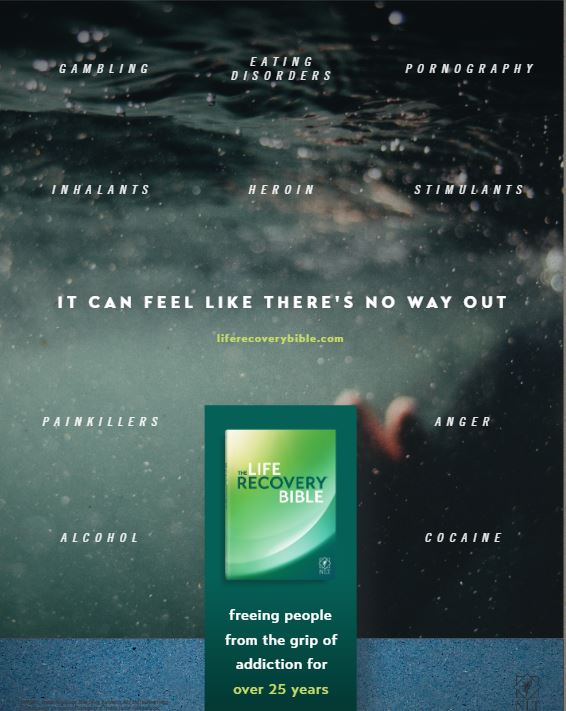
Naaman heard about a prophet in Israel who could heal him. He found the prophet, and the prophet told him that in order to be healed he needed to dip himself seven times in the Jordan River. Naaman went away outraged, having expected that his power would buy him an instant and easy cure. In the end, however, he acknowledged his powerlessness, followed the instructions, and recovered completely.
Our “diseases” are as life threatening as the leprosy of Naaman’s day. They
slowly separate us from our families and lead toward the destruction of everything important to us. There is no instant or easy cure. The only answer is to admit our powerlessness, humble ourselves, and submit to the process that will eventually bring recovery.









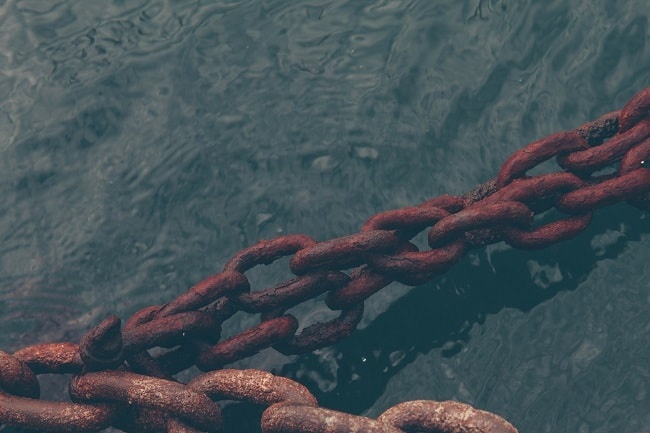
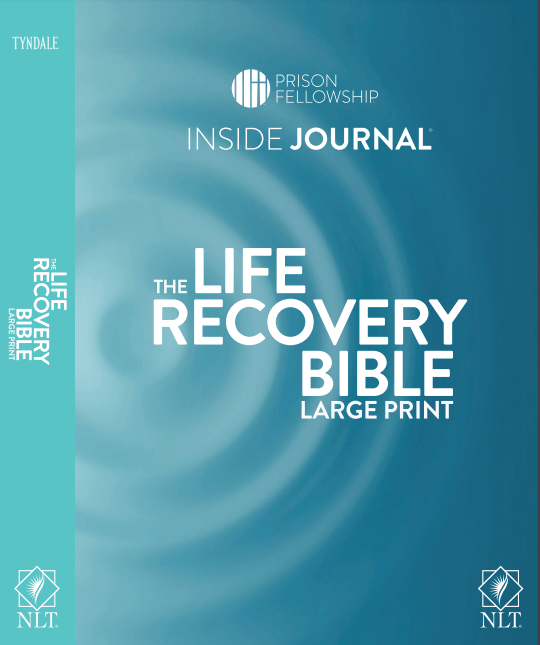



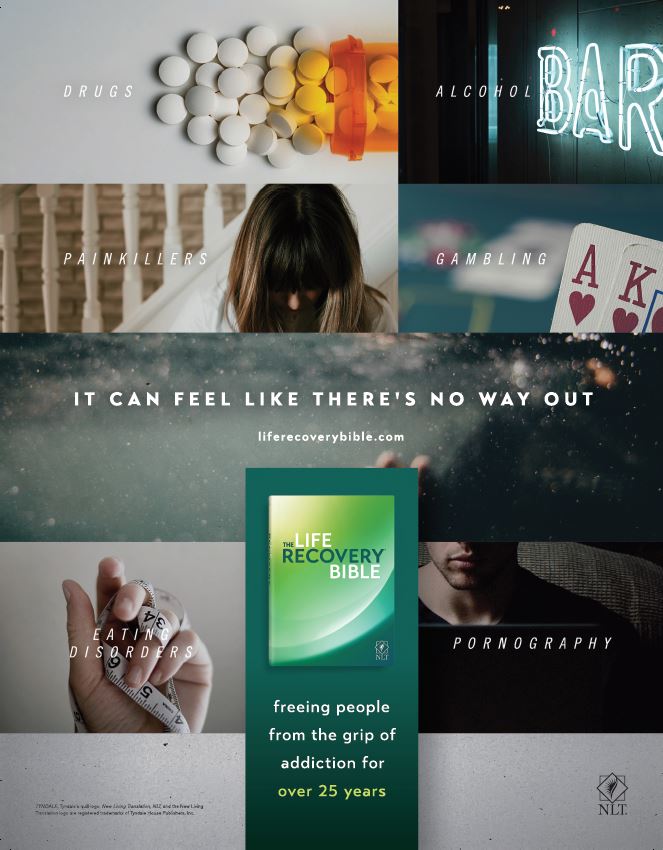

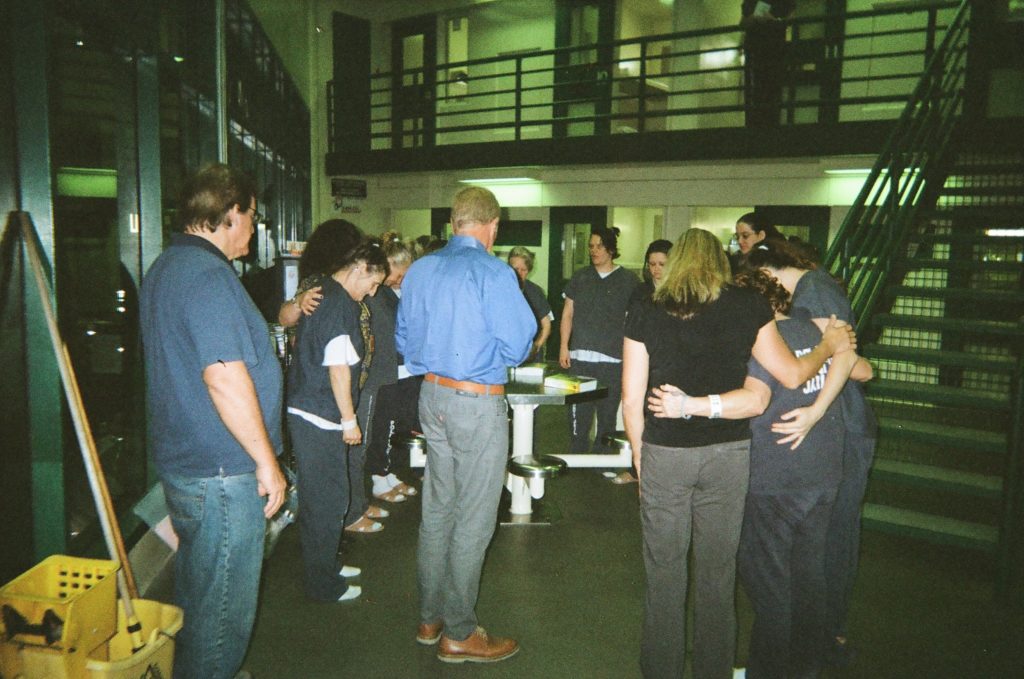
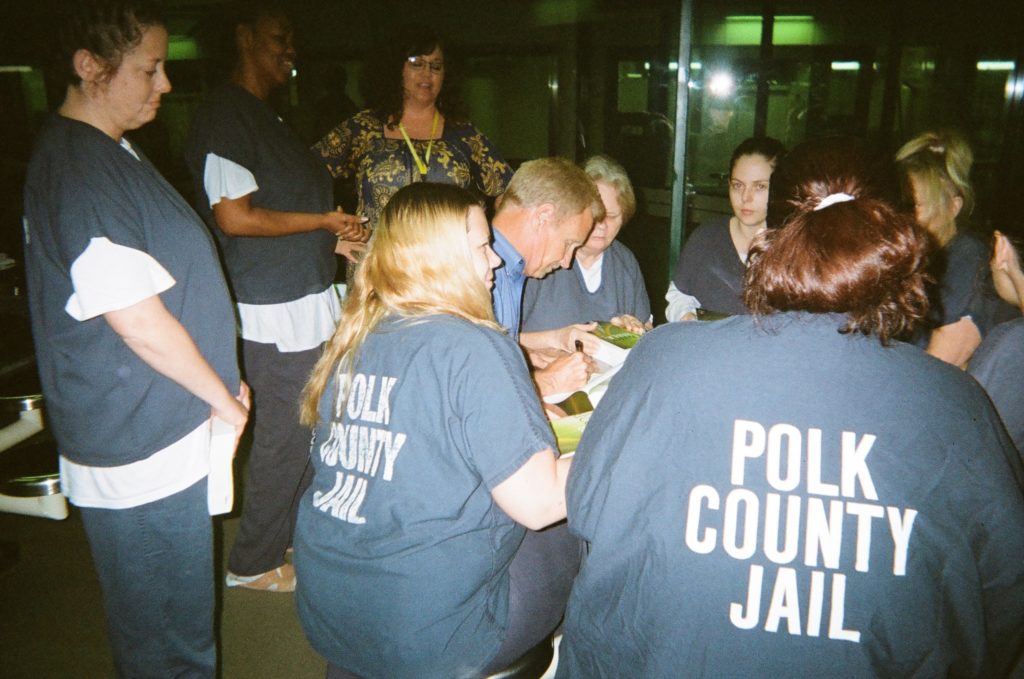
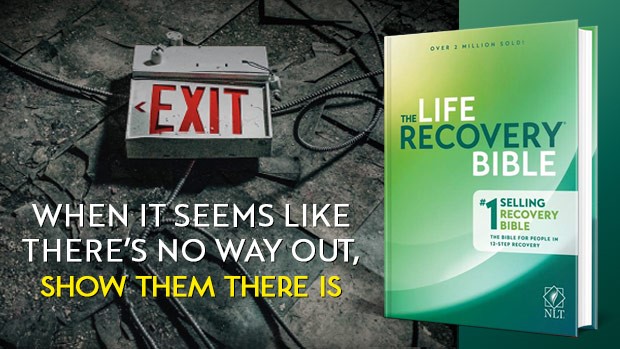
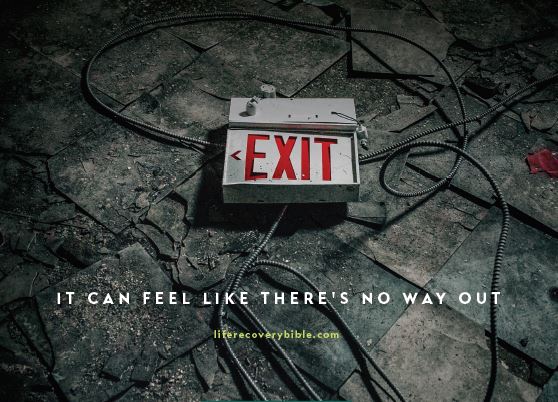
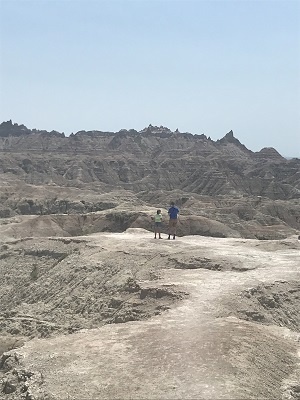


Recent Comments